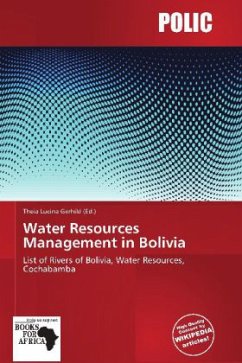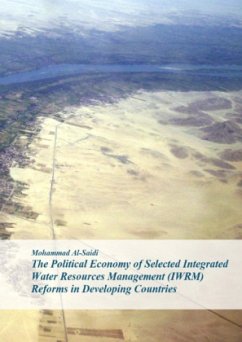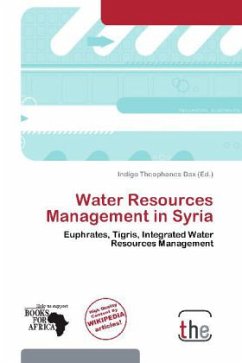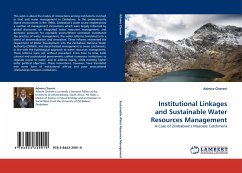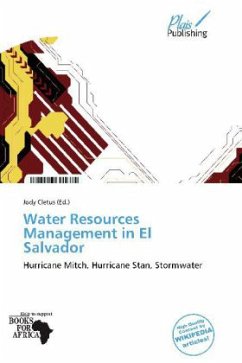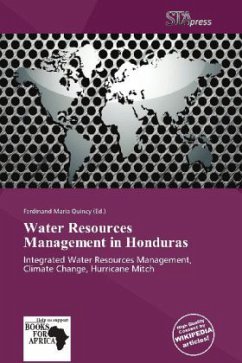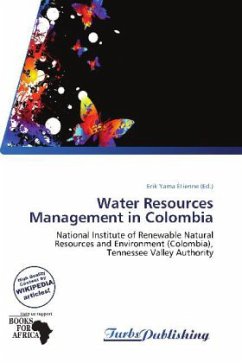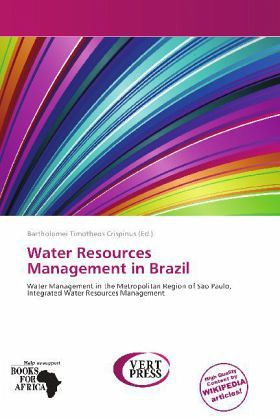
Water Resources Management in Brazil
Water Management in the Metropolitan Region of São Paulo, Integrated Water Resources Management
Herausgegeben: Crispinus, Bartholomei Timotheos
Versandkostenfrei!
Versandfertig in 6-10 Tagen
19,99 €
inkl. MwSt.

PAYBACK Punkte
10 °P sammeln!
Water resources management is a key element of Brazil s strategy to promote sustainable growth and a more equitable and inclusive society. Brazil s achievements over the past 70 years have been closely linked to the development of hydraulic infrastructure for hydroelectric power generation and just recently to the development of irrigation infrastructure, especially in the Northeast region.Two challenges in water resources management stand out for their enormous social impacts: (i) unreliable access to water with a strong adverse impact on the living and health standards of the rural populatio...
Water resources management is a key element of Brazil s strategy to promote sustainable growth and a more equitable and inclusive society. Brazil s achievements over the past 70 years have been closely linked to the development of hydraulic infrastructure for hydroelectric power generation and just recently to the development of irrigation infrastructure, especially in the Northeast region.Two challenges in water resources management stand out for their enormous social impacts: (i) unreliable access to water with a strong adverse impact on the living and health standards of the rural populations in the Northeast where two million households, most in extreme poverty, live, and (ii) water pollution in and near large urban centers, which compromises poor populations' health, creates an environmental damage, and increases the cost of water treatment for downstream users.



